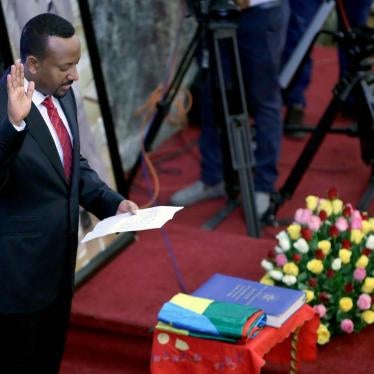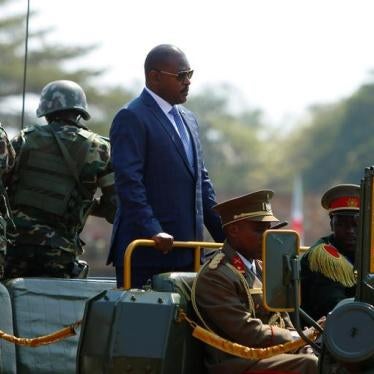It has been more than 500 days since Azory Gwanda, a journalist for the privately-owned media company Mwananchi Communications, went missing under murky circumstances in Tanzania. The Committee to Protect Journalists is calling on the Tanzanian government to prove it is carrying out credible investigations into his disappearance.
In November 2017, Anna Pinoni reported to police that her husband was missing. She said he had been picked up from their home in a white vehicle. At the time, Gwanda had been looking into a spate of unresolved killings in Pwani region, south of Dar es Salaam.
After Gwanda went missing, Tanzanian activists and media regularly called on the government to investigate his disappearance using the hashtags #WhereIsAzory, #BringBackAzory, or #MrudisheniAzory. They marked his disappearance for the first 100 days. But after authorities failed to provide answers, saying Gwanda could have just gotten lost or claiming investigations were still ongoing, the campaign waivered.
Journalists in Tanzania already operate in a space of fear as the government has severely cracked down on the media in recent years. It has shut down or threatened several privately-owned radio stations and newspapers, raided and fined television stations that cover reports critical of the government, and arrested and in some cases beaten journalists covering public events. In 2018, the government passed a law requiring people to pay a hefty fee to blog, or else face arrest.
Gwanda’s disappearance while investigating serious alleged human rights violations underscores the government’s restrictions on media in Tanzania, silencing those speaking out on rights issues.
Two years later, Gwanda’s case remains unsolved and the government’s response to his disappearance has been inadequate, raising questions about its true commitment to finding answers. Whatever the facts behind Gwanda’s disappearance, it's time his case was given the attention it deserves.









